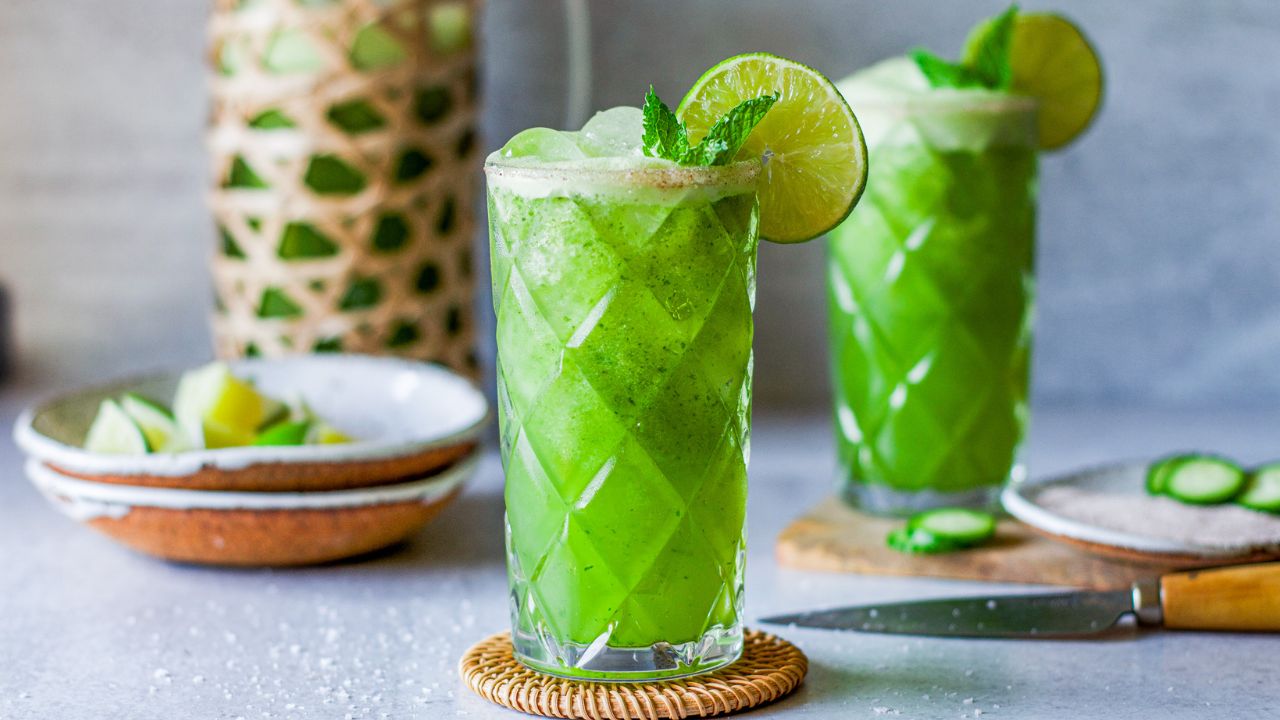In a world where stress levels are sky-high and burnout is becoming all too common, health-conscious Americans are turning to a new wellness trend: Cortisol Cocktails. No, this isn’t about happy hour drinks — these “cocktails” are stress-supporting elixirs designed to help balance your hormones, reduce anxiety, and support adrenal health. And they’re taking over TikTok, Instagram, and even morning routines across the U.S.
But what exactly is a cortisol cocktail? Why is everyone talking about it? And should you be drinking one too? Here’s everything you need to know.
What Is a Cortisol Cocktail?
A cortisol cocktail is a simple morning or mid-afternoon drink made with nutrients that naturally help regulate cortisol levels — the body’s primary stress hormone. The goal? To give your adrenals a boost, improve energy levels, and help you feel calm, not wired.
A basic cortisol cocktail usually includes:
-
Orange juice (for natural sugar and vitamin C)
-
Sea salt (for essential minerals)
-
Collagen or magnesium powder (for cellular function and calm)
-
Optional: Cream of tartar or coconut water (for added potassium)
This nutrient-packed combo supports adrenal function, helps balance blood sugar, and may prevent the dreaded 3 PM energy crash many people face.
Why Cortisol Levels Matter
Cortisol isn’t bad — in fact, it’s essential for survival. It helps control metabolism, reduces inflammation, and supports your body’s stress response. The problem begins when cortisol levels stay elevated due to chronic stress, poor sleep, or over-caffeination.
High cortisol over time can lead to:
-
Weight gain (especially belly fat)
-
Anxiety and irritability
-
Sleep issues
-
Hormonal imbalances
-
Blood sugar spikes
That’s where cortisol cocktails come in — offering a natural, low-effort way to bring those levels back into balance.
Who Should Try Cortisol Cocktails?
This trend is especially popular with:
-
Busy professionals
-
Moms juggling everything
-
Fitness enthusiasts dealing with burnout
-
Anyone dealing with chronic fatigue, brain fog, or anxiety
If you regularly wake up feeling groggy, crash mid-afternoon, or feel wired at night but tired during the day, a cortisol cocktail might be a game-changer.
When to Drink It
Experts recommend drinking a cortisol cocktail within 30 to 60 minutes of waking — ideally before your morning coffee. That’s because caffeine can spike cortisol further, especially on an empty stomach.
Others find it helpful as a pre-lunch pick-me-up or around 2–3 PM when stress and fatigue often peak.
What Does It Taste Like?
Most people describe cortisol cocktails as refreshing and lightly salty orange juice. If you’re adding collagen or magnesium, it may have a slightly creamy or earthy texture — but you can easily blend it with ice or mix in flavored powders to customize the taste.
The Viral Buzz Behind the Trend
Searches for “cortisol cocktail” have skyrocketed in 2025, thanks in part to influencers, functional nutritionists, and wellness experts sharing their daily recipes. Videos on TikTok with the hashtag #CortisolCocktail now have millions of views, with creators reporting better sleep, improved focus, and less anxiety within days of starting.
Quick DIY Cortisol Cocktail Recipe
Want to try it yourself? Here’s a 60-second recipe:
-
1/2 cup organic orange juice (fresh if possible)
-
1/8 tsp sea salt or pink Himalayan salt
-
1 scoop collagen peptides or magnesium glycinate powder
-
Optional: 1 tbsp coconut water or a pinch of cream of tartar
Mix well, serve over ice, and sip slowly.
Final Thoughts: Is It Worth the Hype?
Cortisol cocktails won’t magically erase stress — but they can be a simple, supportive tool to help your body manage it better. If you’re looking to boost your energy, reduce afternoon crashes, and support your hormones in a natural way, this viral trend is definitely worth a try.
As always, talk to a healthcare professional if you’re pregnant, managing chronic conditions, or on medication.
Disclaimer: This article is for informational purposes only. It is not a substitute for professional medical advice, diagnosis, or treatment.







